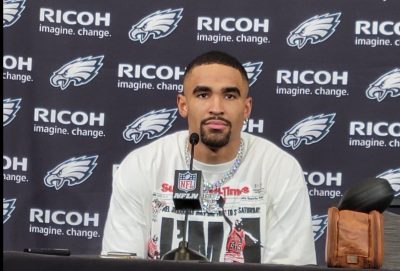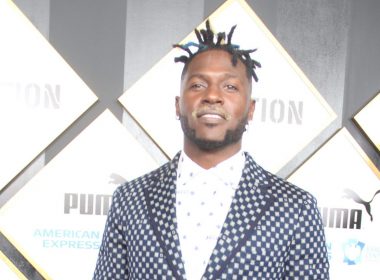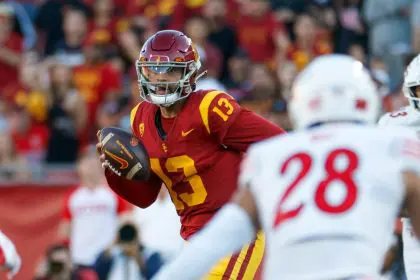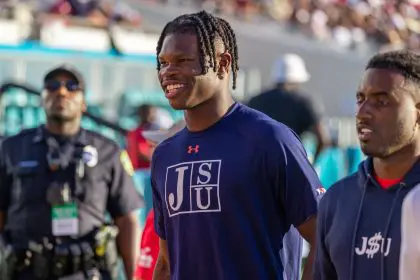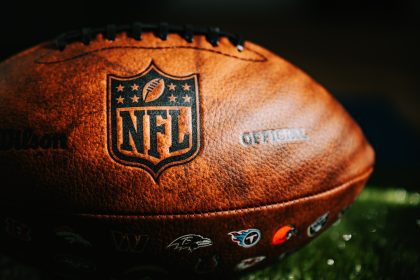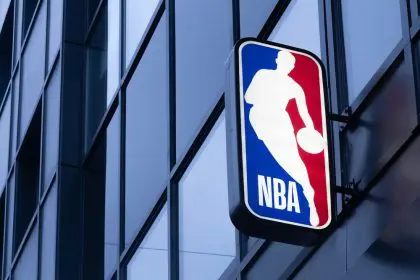The NFL is a cultural titan, drawing in millions of fans and generating billions of dollars. Yet, despite the predominantly Black player pool, the league’s coaching ranks have historically lacked diversity, particularly at the head coach position. While progress has been made in recent years, the current number of Black head coaches remains concerningly low, highlighting the need for further action.
The current landscape
As of January 2024, only three Black men lead NFL teams:
1. Mike Tomlin (Pittsburgh Steelers): The gold standard of Black head coaches, Tomlin has been at the helm of the Steelers since 2007, guiding them to two Super Bowl victories — XL and XLIII — and six AFC Championship appearances. A defensive mastermind known for his calm demeanor and inspiring leadership, Tomlin has bucked the “Fitzgerald-Johnson Rule” by succeeding with both established contenders and rebuilding teams.
Beyond trophies, Tomlin’s impact extends to player development. He’s helped launch the careers of numerous successful players, including Antonio Brown, Le’Veon Bell, and Ben Roethlisberger. His commitment to social justice — speaking out against racial inequality and police brutality — has earned him respect beyond the gridiron. However, Tomlin has also faced criticism for his defensive schemes and occasionally conservative play-calling.
2. DeMeco Ryans (Houston Texans): A former Pro Bowl linebacker who transitioned seamlessly into coaching, Ryans ascended quickly, landing the head coach job with the Texans in 2023 after just three seasons as a defensive coordinator for the San Francisco 49ers. His defensive acumen and player development skills are already on display, and his infectious enthusiasm has revitalized the Texans fanbase.
Ryans’ biggest challenge lies in turning around a Texans team mired in a rebuild. He inherits a young roster lacking star power, and he is navigating the AFC South, a division boasting established contenders like the Tennessee Titans and Indianapolis Colts, which will be no easy feat. Yet, Ryans’ intelligence, work ethic and ability to connect with players make him a promising candidate to bring sustained success back to Houston.
3. Todd Bowles (Tampa Bay Buccaneers): A veteran defensive coordinator with over 30 years of coaching experience, Bowles finally landed his first head coaching job in 2018 with the New York Jets. He found greater success in Tampa Bay, taking over in 2022 after Bruce Arians’ retirement and leading the Buccaneers to a Super Bowl LV victory as defensive coordinator. His fiery intensity and defensive schemes are renowned, and his ability to adjust to his players’ strengths is a valuable asset.
However, Bowles’ offensive philosophy has drawn criticism, with some questioning his decision to retain offensive coordinator Byron Leftwich despite inconsistent offensive performances. Additionally, navigating the pressure of defending a Super Bowl title while contending with an aging Tom Brady will be a major test for Bowles in 2023.
Challenges and obstacles
Despite their talent and accomplishments, these Black head coaches still face obstacles:
- Unconscious bias: Hiring practices may unknowingly overlook qualified Black candidates.
- Lack of opportunities: Black coaches often struggle to land coordinator positions, crucial stepping stones to head coaching jobs.
- The “Fitzgerald-Johnson Rule”: The perception that Black coaches are only hired for struggling teams puts them at a disadvantage.
Moving forward
To create a more equitable coaching landscape, the NFL must:
- Hold teams accountable for adhering to the Rooney Rule.
- Expand opportunities for Black coaches in coordinator and leadership roles.
- Combat unconscious bias through diversity and inclusion training.
- Support organizations like the Rooney Rule Coalition and the Fritz Pollard Alliance.
While the NFL has made strides, the underrepresentation of Black head coaches remains a significant issue. By acknowledging the challenges, implementing effective solutions and holding teams accountable, the NFL can create a more equitable playing field for all, both on and off the gridiron.
This story was created using AI technology.


